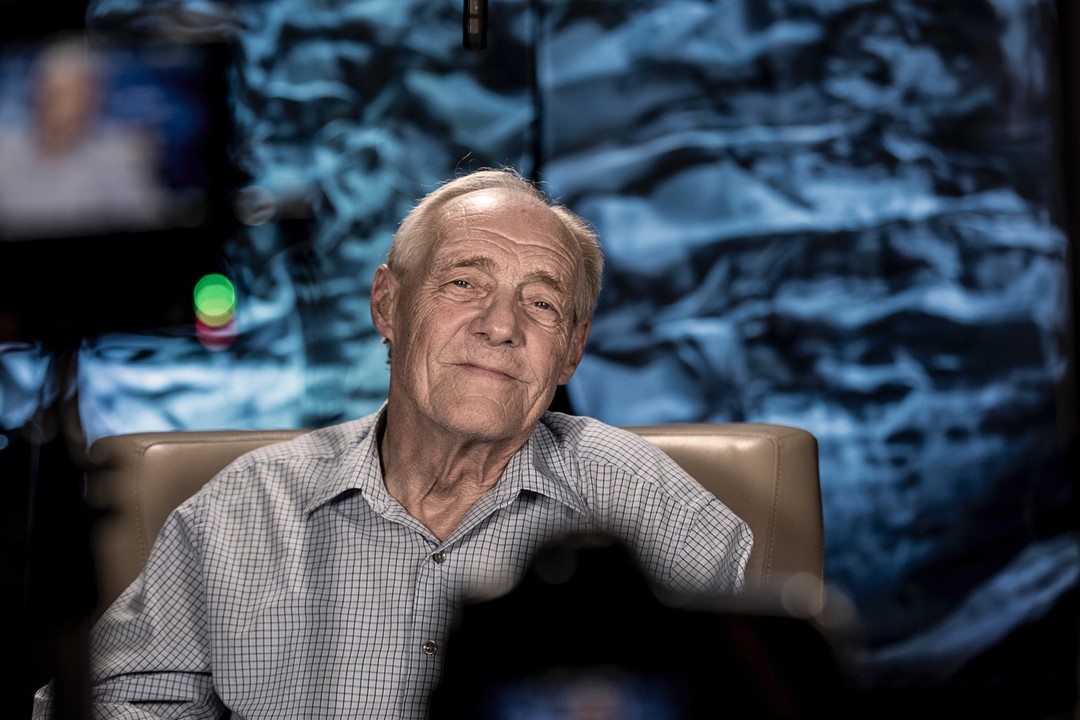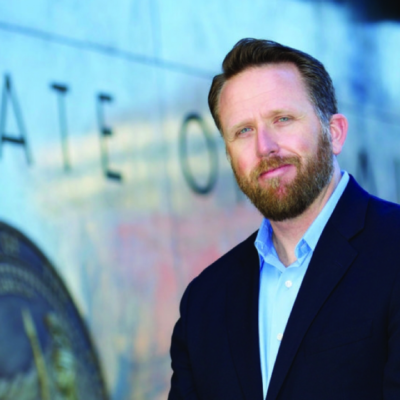
Beyond Words: Preparing for a TV Interview Is Less Message, More Image
My first TV coaching session did not go especially well. Frankly, I didn’t know enough to really help myself much less anyone else. In short: I focused on message and not image.
TV quotes do best when they are quick, memorable and visual. Dramatic or even cliche phrases also tend to capture the ear of post-production folks, while the more cerebral and meandering points may end up on the editing room floor.
So what DOES matter? In a word: Appearances.
PRO TIP: You don’t have control over what quotes get used. You do have control over how you appear to handle the subject.
I’m not talking about the qualities of attractiveness. I mean how we seem to handle our topics, especially if they’re controversial.
Are you calm and pleasant? Angry and defensive? Do you come across as knowledgeable and responsive? Or reactionary and hysterical? Do you seem put together or frazzled?
Think of the Kennedy/ Nixon debate. To the radio audience, Nixon handled the questions expertly. To the TV audience, he appeared sweaty and agitated while Kennedy came across calm and measured.
When getting a TV interview request, I’ve learned that routine matters for me as to whether I’ll perform well. For the sake of this example, I’ll discuss my routine for when I’m representing a client:
- Get every little piece of details for the interview I can, including who else is being interviewed and when. That’s important: if the story already has opposing voices, I’ll refine message a bit to redirect.
- Request to do it in as quiet an environment as possible. Usually, TV is a very accommodating on location and that matters when you’re trying to give good, solid answers without microphone disruptions. Nothing is more frustrating than having to give the same answer a couple times because a plane flies over or a truck rumbles by – you never feel as confident when it’s forced.
- Practice, practice, practice my talking points in front of a mirror. While I’m getting ready, I shut the door, turn off my phone and get completely focused on the issue at hand. I need to feel just prepared enough that I can relax.
- Sing! All the way to the interview. I stop thinking about my interview, the questions or talking points. I always show up relaxed, confident and before I walk in – power poses: hands on hips, arms overhead, hands behind my head. I become 10 feet tall inside.
- Breathing. While I’m in the green room or before I get out of my car for a live remote, I breath and focus my energy toward the topic. I know the reporter. I know my surroundings. I know my client. I know my subject. Ready!
- Image. In watching all my TV interviews, I’ve learned a few things about myself. I do, in fact, have a good side. It’s my right, so I try to have my hair on the left. Dangling earrings are a no-no. So is long, untamed hair. I shake my head too much and it’s a big distraction. I don’t smile on both sides of my mouth and I over gesture. That’s only something I do on TV, it’s a nervous thing. I have to consciously remind myself to smile completely and give my hands a rest. I’ve learned not to point, show an open palm to convey trust and listening VERY actively while formulating my answer with a pleasant, slight smile. Remember, the camera is rolling. Mics are hot. Be on your best behavior at all times.
In all that work, messaging is really the smallest component. However, do not think you can stroll into a TV interview and not be prepared. A bad answer can haunt you. Know your stuff, just don’t ignore how you come across because those interpersonal cues tell people more about you than your words. We trust what we see, less what we hear.
If you’re in a position to take interviews, do them all – it’s the only way you’ll get better. I’ve done interviews with every medium including podcasts and online TV through Skype. There’s so many ways to share your knowledge on a subject and more than enough folks out there looking to fill air time. Crush it!
Erica Holloway is Founder of Galvanized Strategies and Chief of Strategy for Mouth Marketing.




